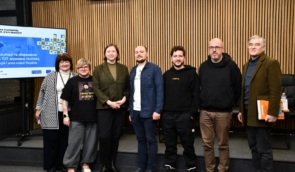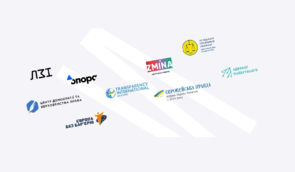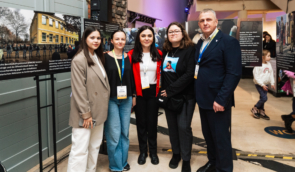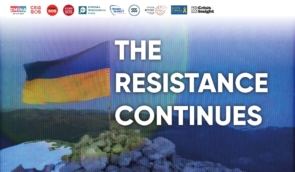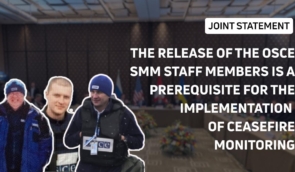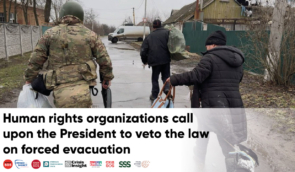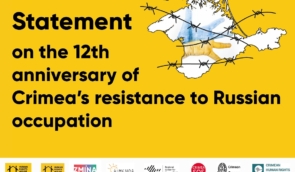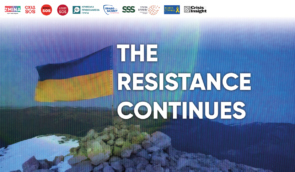What is preserved in memory becomes society’s response to injustice: ZMINA presented research on the memorialisation of the war
On 29 September 2025, at Ukrinform, the Human Rights Centre ZMINA presented research on the formation of a national policy for commemorating the Russian-Ukrainian war — the Green and White Papers on Memorialisation.
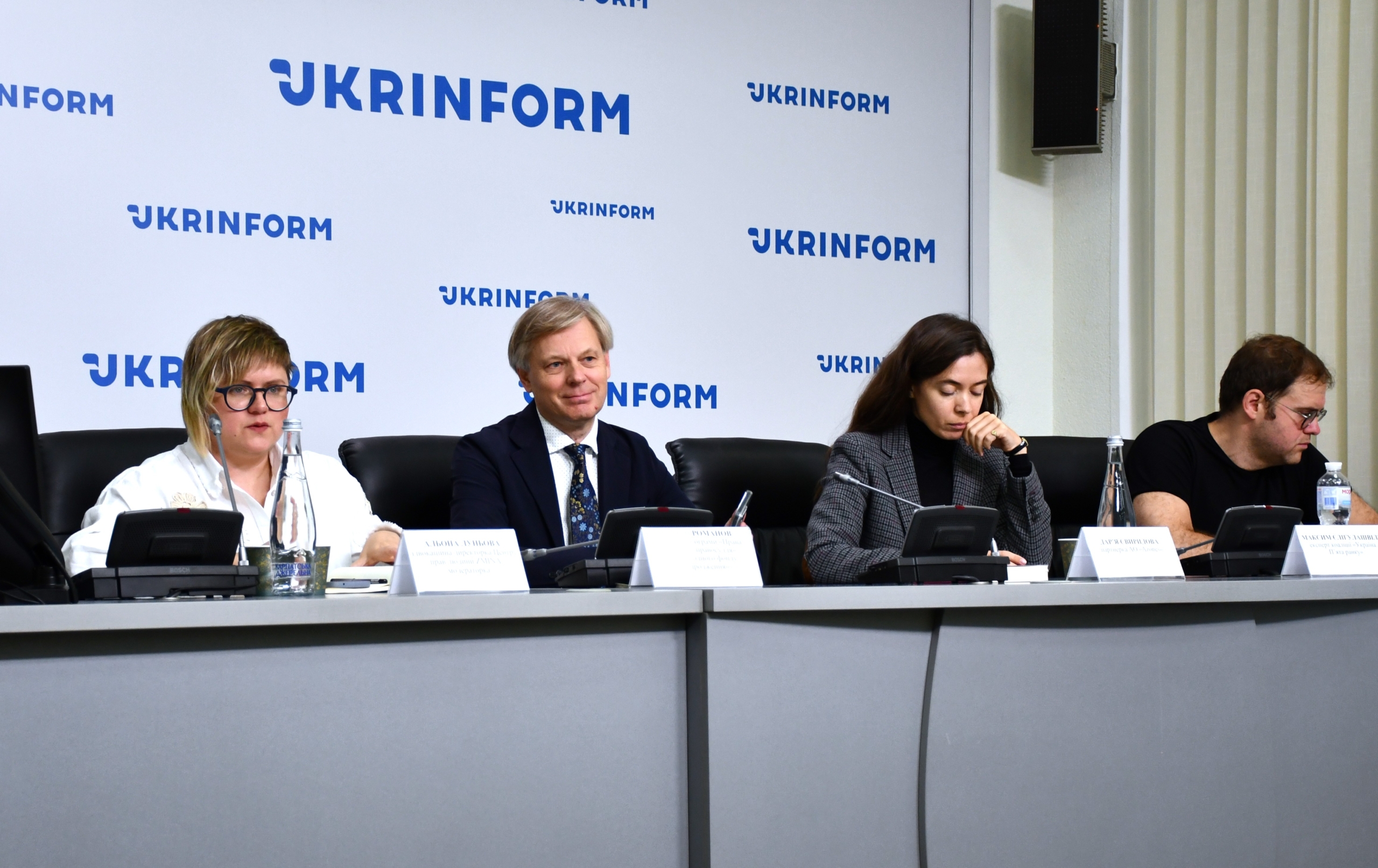 Alena Lunova, Roman Romanov, Daria Svyrydova, Maksym Ieligulashvili
Alena Lunova, Roman Romanov, Daria Svyrydova, Maksym IeligulashviliThe documents contain key findings and descriptions of gaps in the politics of memory, the results of national surveys on public and military perceptions of this topic, as well as recommendations on approaches and tools for commemorating those who died and suffered in the war.
The presentation became a platform for discussing how the politics of memory can simultaneously ensure justice, security, and shape the future of Ukraine.
Opening the event, Alena Lunova, Advocacy Director of the Human Rights Centre ZMINA, emphasised that the politics of memory goes far beyond the humanitarian dimension: “We see that the issue of memory is becoming a space not only for historical discussions, but also for topics related to justice. For human rights organisations that document war crimes, this is a key dimension — after all, public memory shapes the response to injustice“.
She also emphasised that the absence of a clear memorialisation policy could lead to chaotic decisions and the loss of important elements of shared experience.
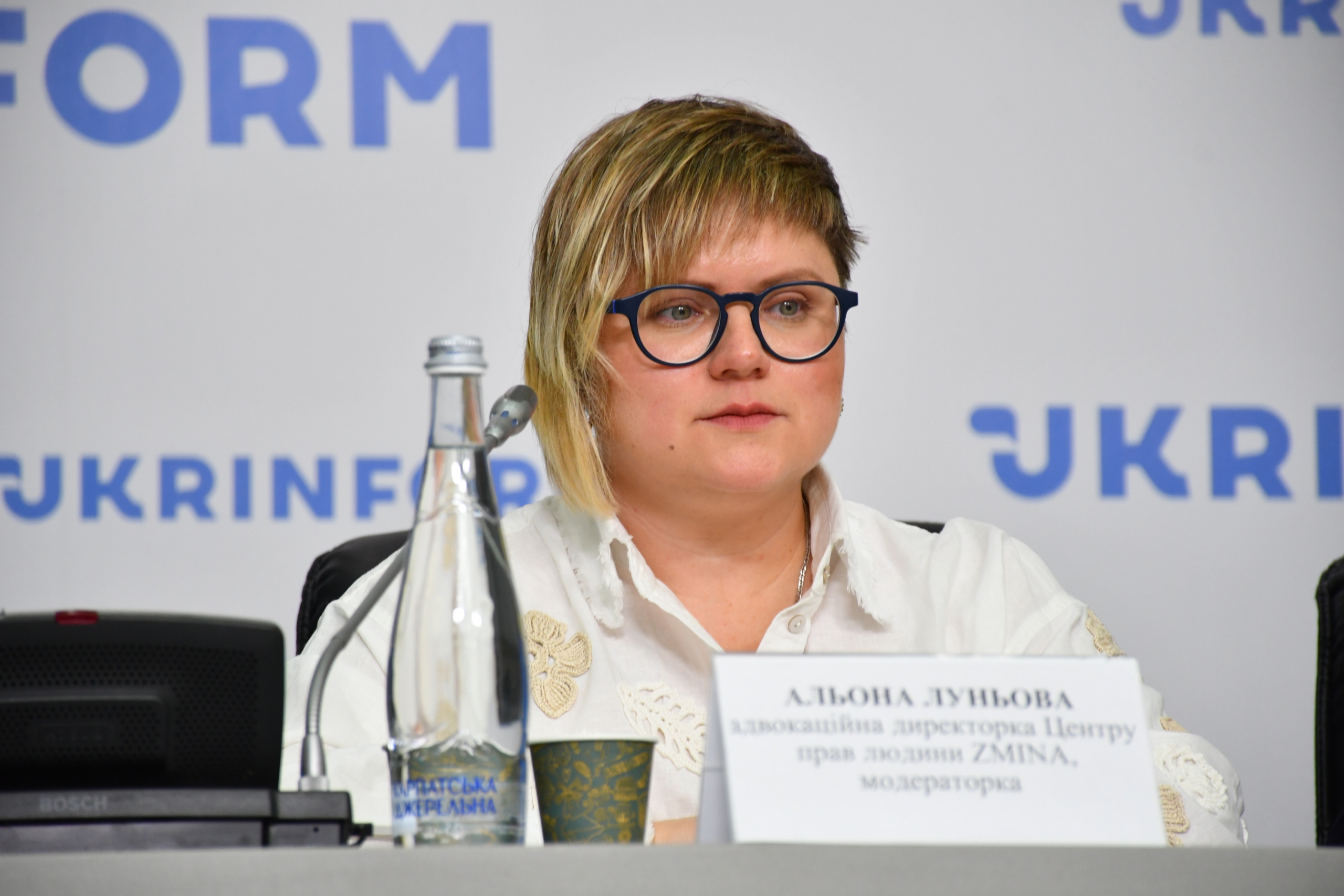 Alena Lunova
Alena LunovaRoman Romanov, Director of the Human Rights and Justice Programme of the International Renaissance Foundation, emphasised that politics of memory should become part of the fight for justice: “War is the quintessence of injustice. The task is not only to document crimes, but also to develop a common understanding of these events at the societal level. In this sense, the politics of memory is as important a tool as justice. This is not a question of competition between accountability and politics of memory — these approaches should complement each other. What is preserved in memory and shapes the narrative ultimately becomes society’s response to injustice“.
He emphasised that the issue of memorialisation should not be postponed “for later”, because it is now that the narrative about the war and everyone’s place in it is being formed.
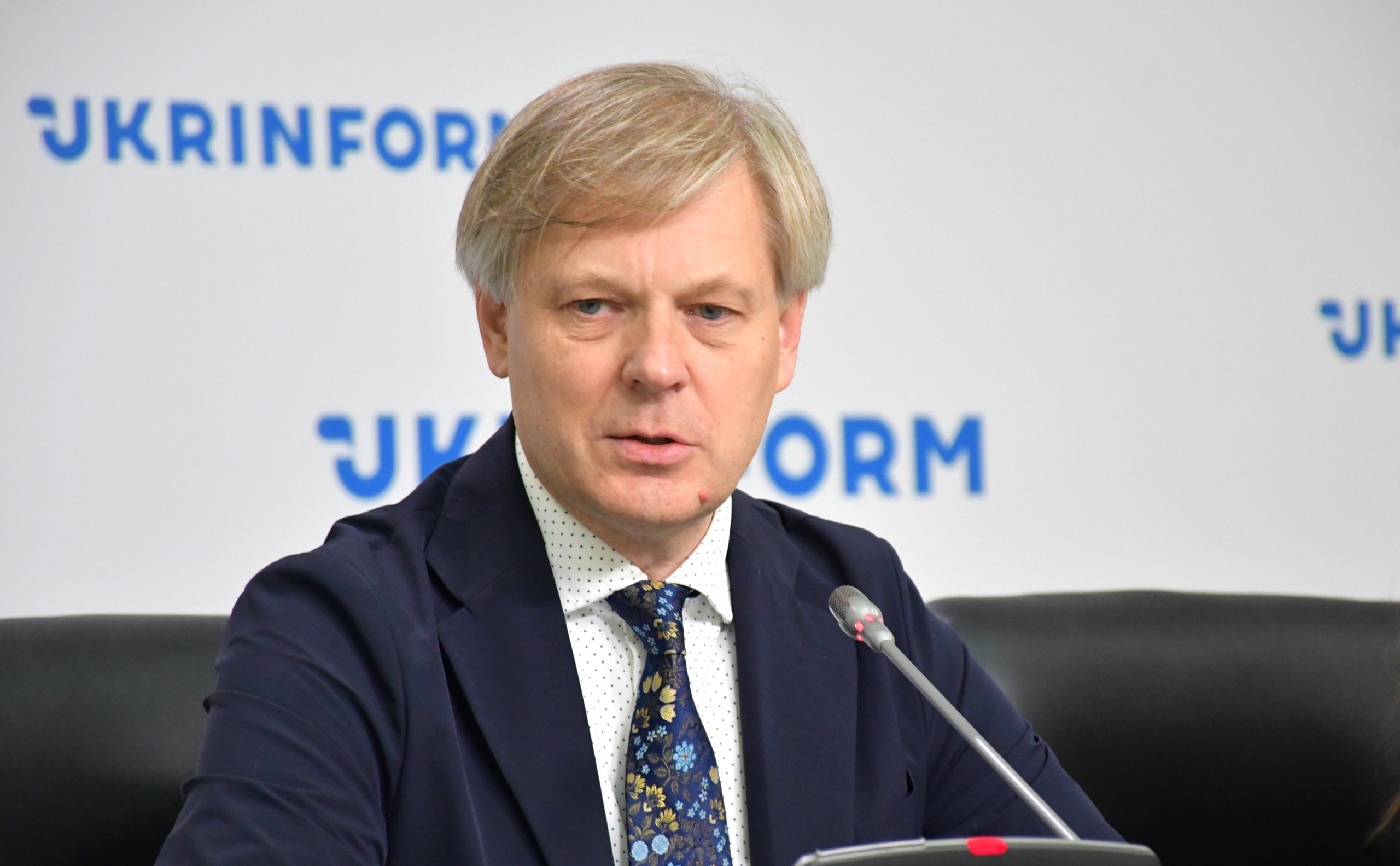 Roman Romanov
Roman RomanovMaksym Ieligulashvili, Expert of the Ukraine 5AM Coalition and one of the authors of the Green and White Papers, drew attention to the practices of commemoration in communities. According to him, they often boil down to formal events — installing commemorative plaques, renaming streets, or annual flower-laying ceremonies. At the same time, society needs a live interaction that has a therapeutic and unifying effect: “We often see formal approaches — commemorative plaques, renaming streets or laying flowers once a year. But this is not enough. People need a live interaction that has a therapeutic effect and helps communities unite. Memorialisation is a tool that can influence mental health, support solidarity and remove feelings of isolation in victims“.
He emphasised that it is important for memory not to become a mechanical duty, but rather a resource for joint recovery: “It is not just about preserving facts, but about creating an environment in which people feel involved. If memorialisation does not resonate with personal experience, it risks remaining an empty ritual. And we need it to work towards the restoration of communities and to shape responsibility for the future“.
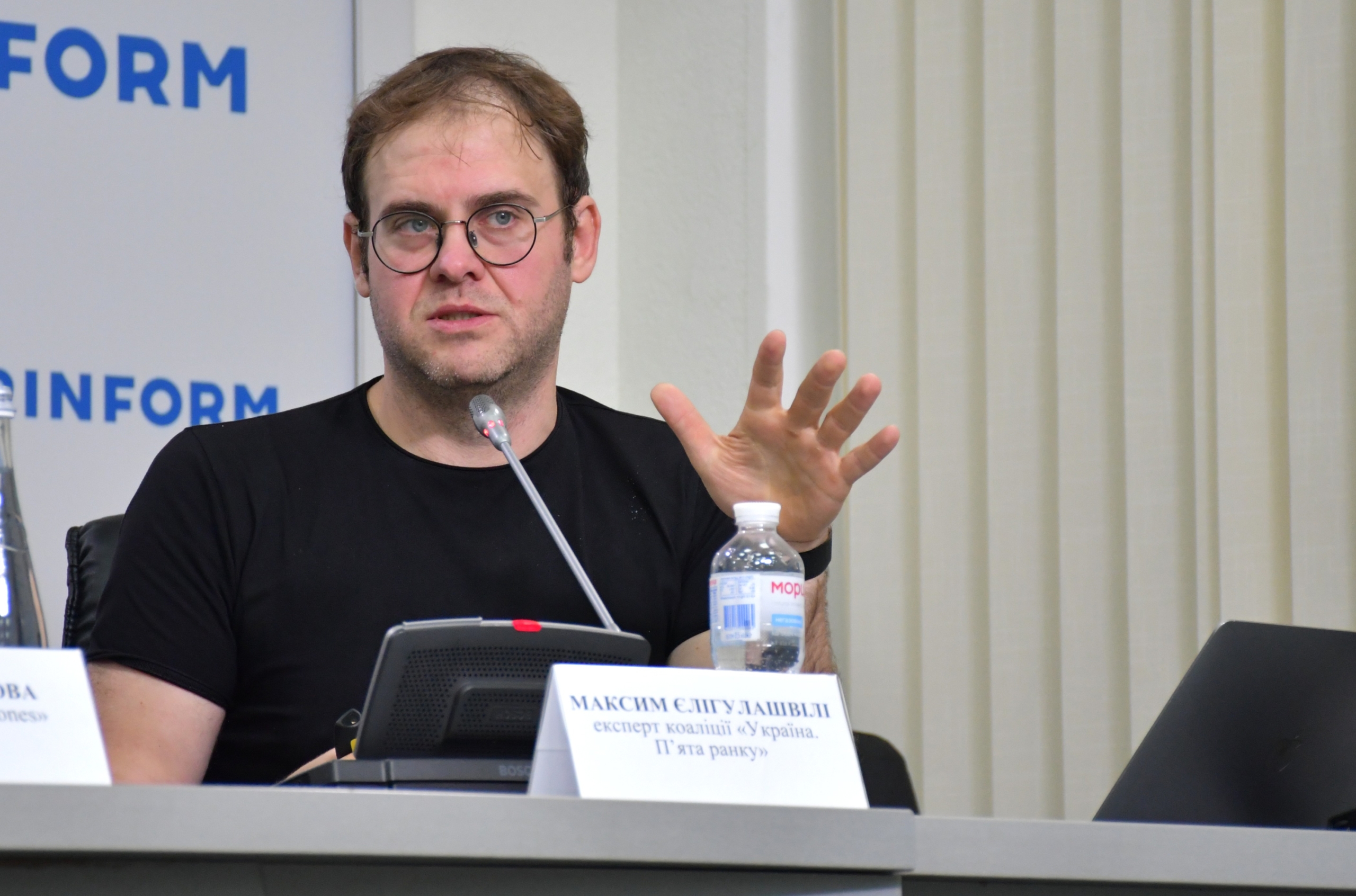 Maksym Ieligulashvili
Maksym IeligulashviliIeligulashvili also presented a number of recommendations: strengthening the state’s institutional capacity in the field of memory, developing an archival system, integrating memorialisation practices into social policy, and creating a “catalogue of practices” so that communities can choose effective tools.
Daria Svyrydova, Partner of the law firm Azones, emphasised the role of lustration as a tool of memory and security politics, adding that the politics of memory can serve as a foundation for building a secure and stable future for the state.
She drew attention to society’s demand to protect the state apparatus from individuals associated with the Russian Federation: “Lustration is not an instrument of revenge, but a temporary administrative measure that helps restore trust in state institutions. It is about protecting the reputation of the state apparatus so that individuals who could compromise the system do not enter key positions“.
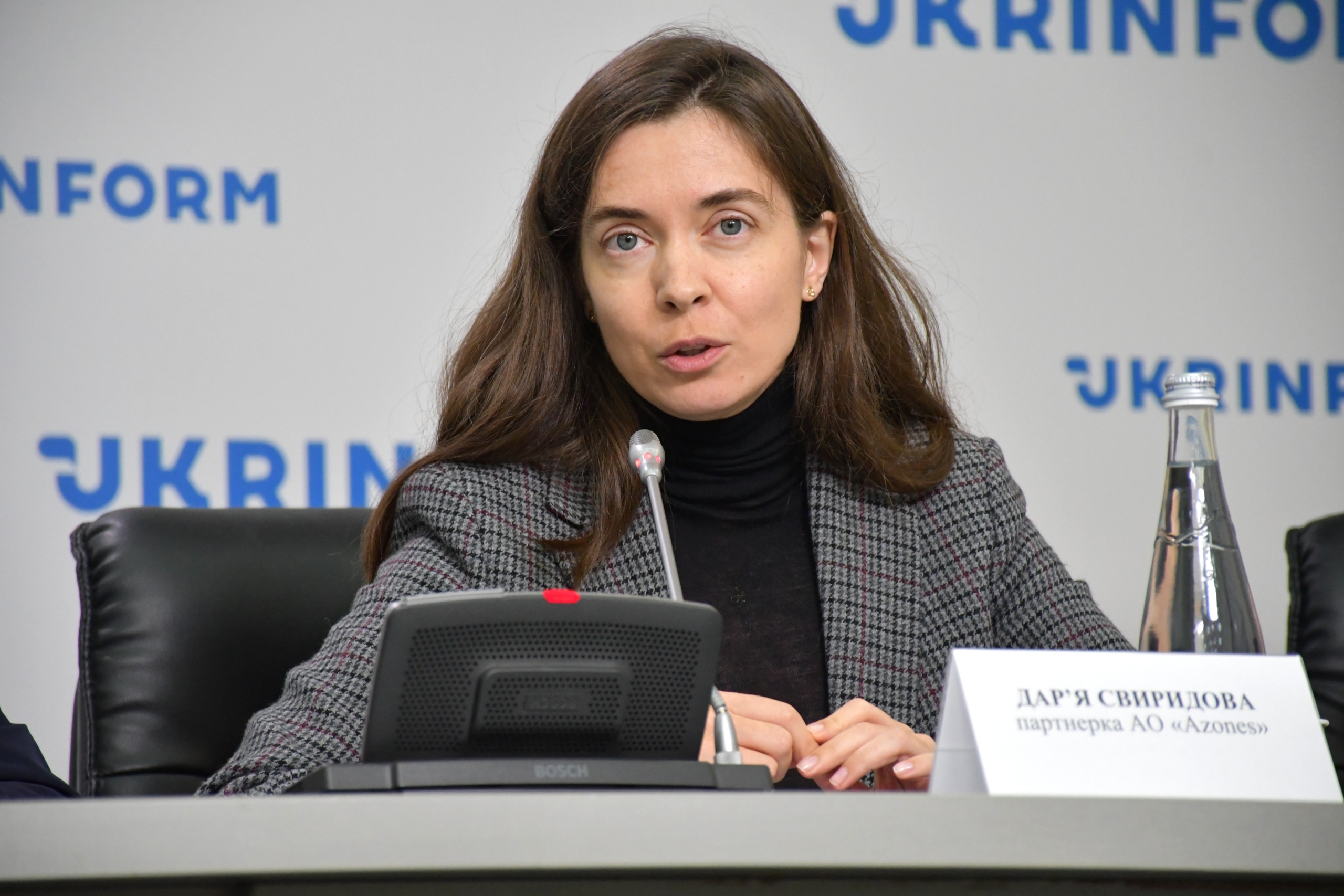 Daria Svyrydova
Daria SvyrydovaSvyrydova explained that society already sees the practice of lustration as a positive experience for restoring trust, but there is currently no civilised and legally regulated mechanism for its application. According to Daria, the proper implementation of lustration will include individual assessment, the right to defence and judicial appeal, as well as transparent control: “If the state creates a civilised mechanism, the politics of memory will become an effective shield and protection for the state apparatus, while ensuring security and a sense of justice for society“.
The full video recording of the event is available on Ukrinform’s YouTube channel at the following link.
The Green Paper can be found here.
The presentation of the research was organised by the Human Rights Centre ZMINA with the support of the International Renaissance Foundation. The discussion reflects the views of the participants in the event and not necessarily those of the Foundation.
If you have found a spelling error, please, notify us by selecting that text and pressing Ctrl+Enter.

